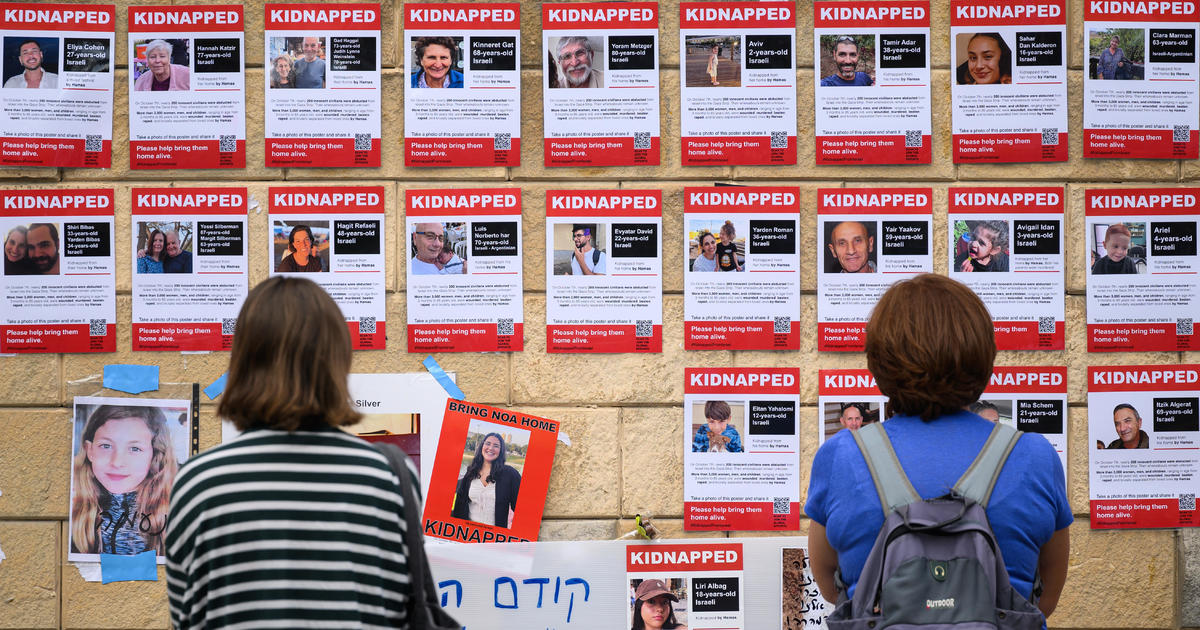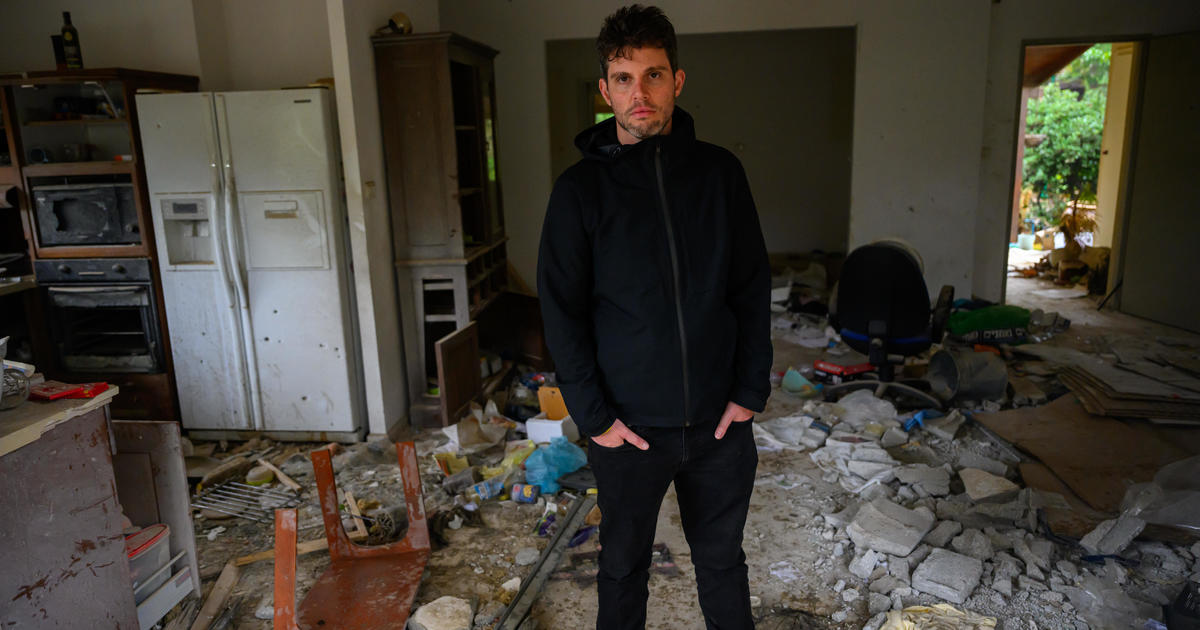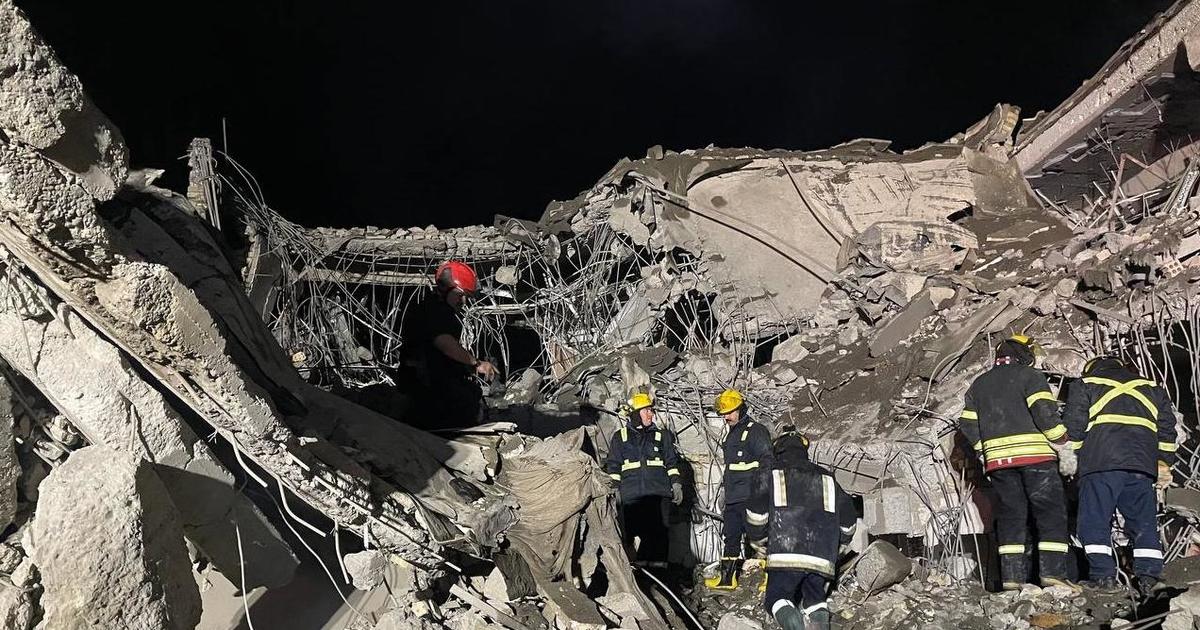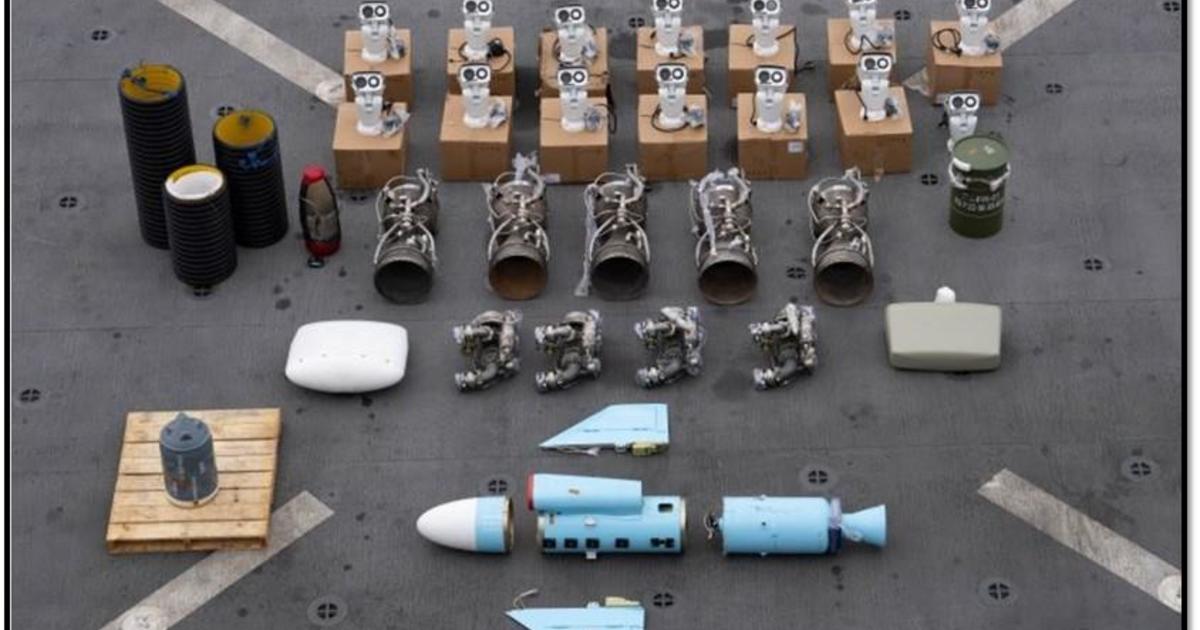See inside the biggest Hamas tunnel Israel's military says it has found in Gaza
Tel Aviv — Throughout the war in Gaza, Israel's military has spoken frequently of the challenges presented by the vast tunnel network the Hamas militant group built underneath the Palestinian territory. Israel says Hamas, long designated a terror group by the U.S., Israel and many other nations, has used the tunnels to transport supplies and carry out attacks — including its unprecedented Oct. 7 assault, which sparked the current war.
On Friday, CBS News was escorted by Israel Defense Forces troops through the gap blasted by Hamas militants on Oct. 7 in the wall protecting the Erez border crossing into Gaza. All along the road was destruction wrought by the Hamas militants as they went to carry out their murderous rampage.
Since that day, the Erez crossing has become part of a deeply complex war zone. Israeli forces come in and out through the gap in the wall, carrying out ground operations in the Gaza Strip as they continue to hunt down Hamas militants.
Only about 500 yards inside the border, Israeli forces made a shocking discovery. Virtually right under their noses, they found the entrance to a huge tunnel, about two miles long and wide enough to drive a small car through. Water supply pipes and electricity and communication wires lined the walls.
Made with reinforced concrete and plunging more than 50 feet underground, the IDF said it was a major part of a vast tunnel network used by Hamas militants to hide weapons and to move and hold its hostages.
Even for the Israeli forces, who've known for years about Hamas' tunnels, the scale of the illicit infrastructure discovered so close to the Israeli border was an unpleasant surprise.
"This is the biggest tunnel that we found ever," IDF spokesman Daniel Hagari told CBS News inside the tunnel. He said it was indicative of the complexities of the IDF's mission to rescue the roughly 130 people still believed to be captive in Gaza, while also hunting down the Hamas fighters who kidnapped them.
"It means hunting them down and fighting them wherever they are — inside the tunnels and above the ground," Hagari told CBS News.
That, inevitably, carries risk for the people still believed to be held hostage in Gaza.
"I think we are managing the risk," Hagari said. "Remember that rescuing our hostages — we want to bring out hostages alive, back home. It's very complex. We want them alive, back home."
Later that day, the IDF acknowledged that some of its soldiers had mistakenly shot dead three Israeli hostages who emerged — shirtless and holding up a white flag — during an operation in Gaza, raising not only fear for the remaining captives, but also serious questions, including why the troops had fired on unarmed men in the first place.
for more features.





